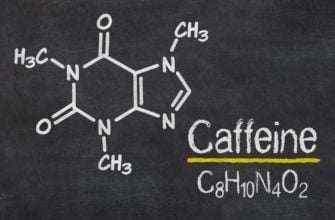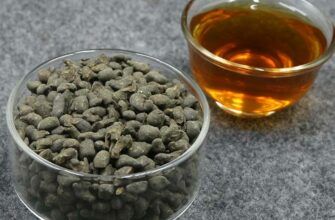Compared to black tea, green tea contains less caffeine and is high in the catechin epigallocatechin gallate. Green tea is certainly useful, but this drink has the risk of side effects. Such risks may include both an increase and a decrease in blood pressure.
caffeine in green tea
A cup of green tea (230 ml) contains 8 to 40 milligrams of caffeine. While the average cup of coffee (100 ml) contains 40 to 200 milligrams of caffeine. The exact amount of caffeine varies between species and manufacturers, and also depends on how the tea is brewed. Caffeine acts as a stimulant, elevating mood and increasing alertness.
Too much caffeine can lead to restlessness, tremors, and increased heart rate. You may also be more prone to side effects if you have caffeine sensitivity, which varies between people. It depends on how long it takes to metabolize caffeine in the body. It can take two to ten hours for an adult human body to metabolize caffeine, with an average of four hours.
Green tea lowers blood pressure
Green tea proponents often suggest that the flavonoids found in tea leaves can promote heart health and even lower blood pressure. Moderate consumption of green tea to an average of five cups a day (or about 200 milligrams of caffeine in total) is unlikely to cause a significant increase in blood pressure. The catechins and polyphenols found in green tea make it the best choice for enhancing mental alertness when choosing from caffeinated beverages such as black tea and coffee.
Green tea raises blood pressure
However, the caffeine content may cause a temporary increase in blood pressure, given the rate at which the body metabolizes the substances. Conducted scientific studies report that the use of green tea led to a slight increase in blood pressure among the participants in the experiments. However, this increase is not significant enough to cause serious health problems. Thus, green tea is not the most reliable and safe method of blood pressure regulation.
If you're worried about the effects of caffeine consumption on blood pressure, it's important to drink green tea in moderation. You can skip green tea if you already have a high blood pressure problem. Children, pregnant women and breastfeeding mothers should refrain from drinking green tea due to possible negative effects. During pregnancy, the body metabolizes caffeine more slowly, so it stays in the body longer.
Caffeine has the potential to cause birth defects and may pass into breast milk. Caffeine can cause anxiety and hyperactivity in some children. To avoid these problems, it is recommended to use decaffeinated green tea.
How to brew green tea
Under reduced pressure
The caffeine contained in green tea has a beneficial effect on low blood pressure. To increase the caffeine content in a cup of the drink, it is recommended to brew tea in hotter water (80-95 ° C) for a longer period of time (from five minutes).
At elevated pressure
To lower the pressure, it is necessary to reduce the caffeine content in the drink. For brewing, you need to use a smaller amount of green tea and cooler water (60-75 ° C), as well as infuse the drink for no more than two minutes.
Read more:





